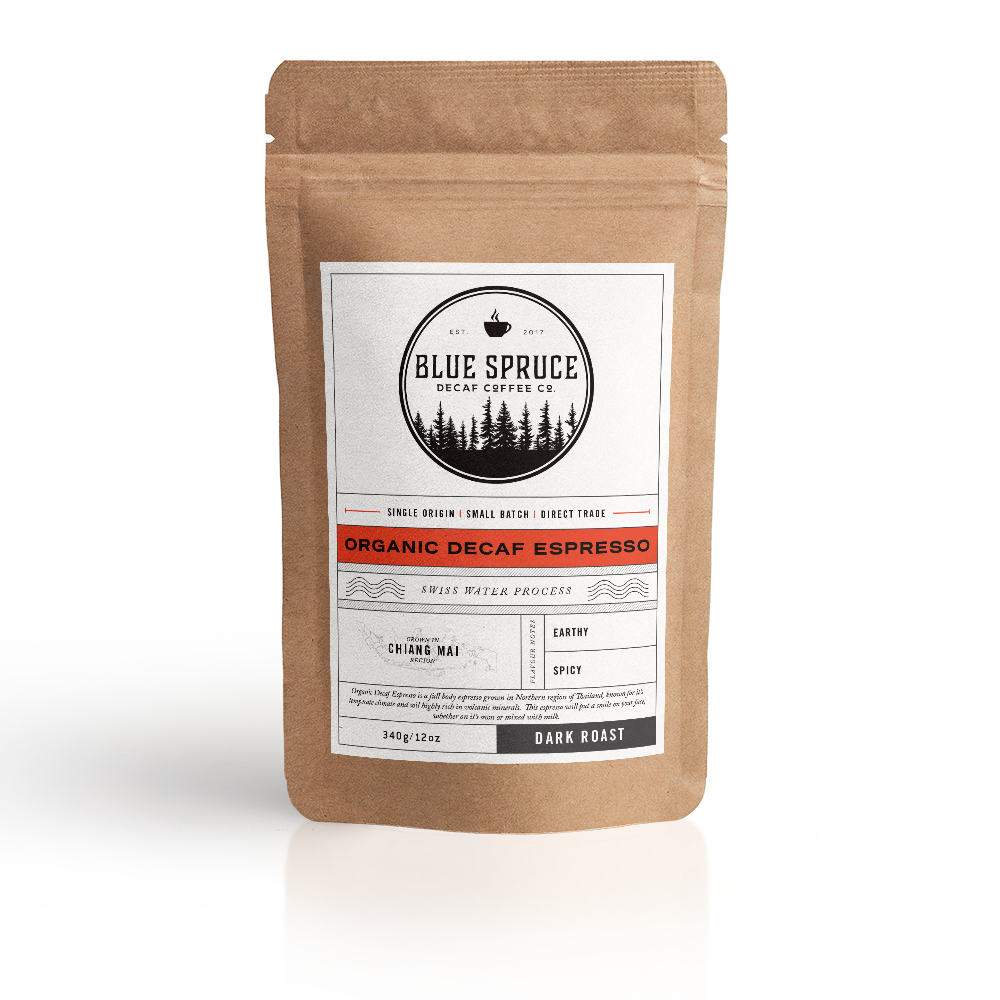A study on coffee addiction revealed that the adult population drinks more than 400 million cups of coffee in a day. Coffee is assumed an elixir for those who need to stay wide awake and concentrated. However, coffee is definitely not an elixir, instead, it is doing more harm than good to your body. The amount of caffeine that enters into the bloodstream on a daily basis is bad for your heart, liver and overall well-being. Therefore, people are switching towards decaf.
Decaf is basically coffee without caffeine. People, these days, are getting health conscious and making wiser food choices. Decaf is a healthy substitute for caffeine-heavy drinks, it is safe to consume every day.

Is decaf coffee safe during pregnancy?
Studies link excessive caffeine intake with the risk of miscarriage and low birthweight. Since caffeine enters the bloodstream and affects the nervous system for the next 10 hours, therefore drinking coffee is highly prohibited during pregnancy.
Decaf contains little to no caffeine, therefore it is considered safe during pregnancy or breastfeeding. Pregnant women can consume no more than 200 mg of caffeine in a day. Decaf coffee beans are prepared by removing 97% of caffeine content, so it can be said that it’s a safer alternative to your regular coffee drinks.
Cut back your coffee intake; if possible switch to a healthy routine and drink decaf coffee. One cup of decaf coffee contains approx 2 milligrams of caffeine, which is considered safe. Although there is no set guideline for the allowed cups of decaf in a day, it is suggested to drink in moderation during pregnancy.
Which decaf is best during pregnancy?
Pregnancy is a crucial time for your health and your baby’s health. Ensure to make wise food choices and pick only the best decaf coffee bean. To find the right product, it is important to understand how exactly decaf coffee beans are produced.
- Decaf beans are your regular coffee beans but without caffeine.
- The process of removal of caffeine includes two methods, i.e. chemically and organically.
- Steer clear of chemically decaffeinated coffee beans, they might be harmful during pregnancy.
- Pick swiss processed decaf coffee, it is an organic and patented method of removing caffeine without the use of harmful toxins.
- The Swiss decaf coffee water process uses only water, heat and time to remove caffeine. Hence the flavour, aroma and richness of coffee beans remain intact.
Bottom line
Reduce the risk of miscarriage by ditching your regular caffeinated drinks. Switch to the healthier alternative of decaf, which is safe during pregnancy when consumed in moderation. The safest and healthiest decaf is swiss water processed coffee. These coffee beans are free from harmful toxins and contain the richness of your regular coffee drink. The most popular decaf coffee beans for pregnant women are produced by Blue Spruce Decaf Coffee.
Blue Spruce Decaf means certified organic, non-GMO, superior flavour, premium coffee, and 100% chemical free decaffeinated process. Order Blue Spruce Decaf coffee and make some healthy choices for you and your family.
























